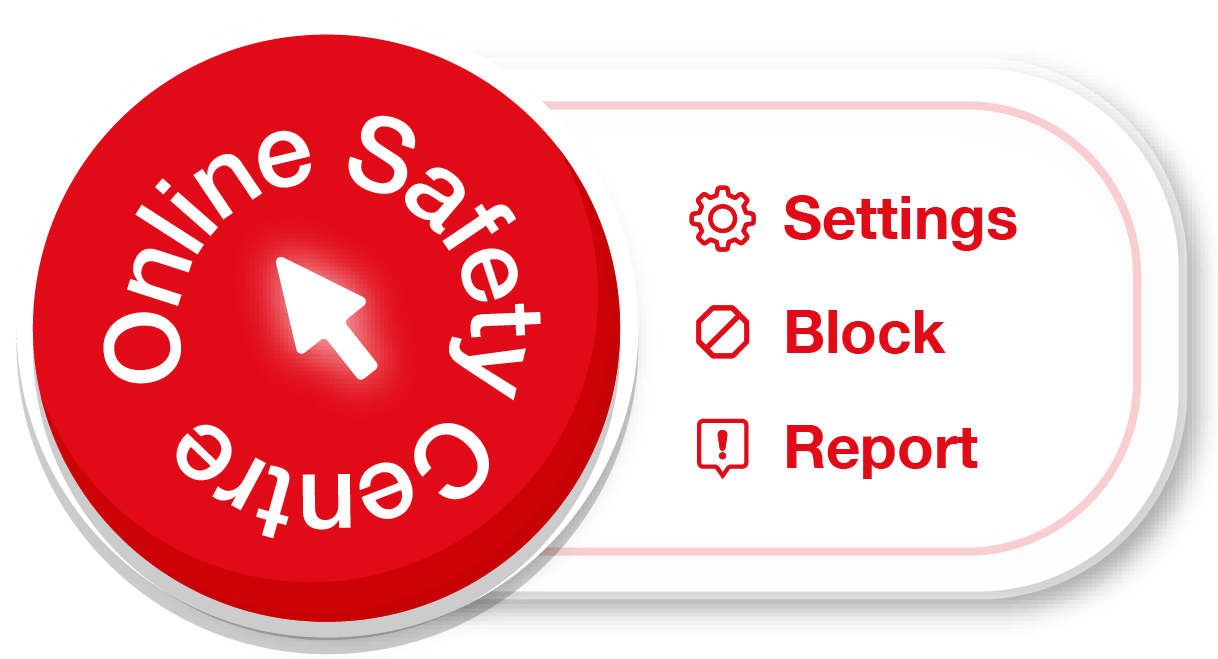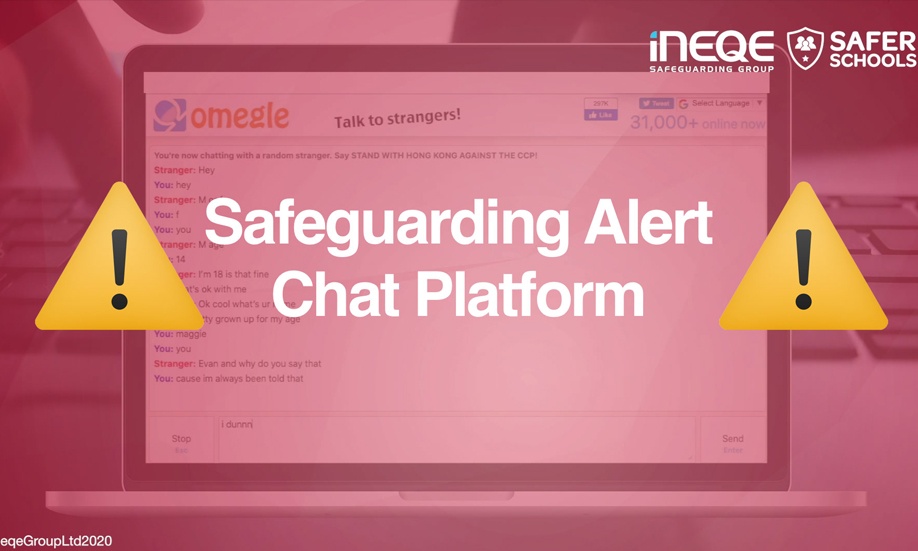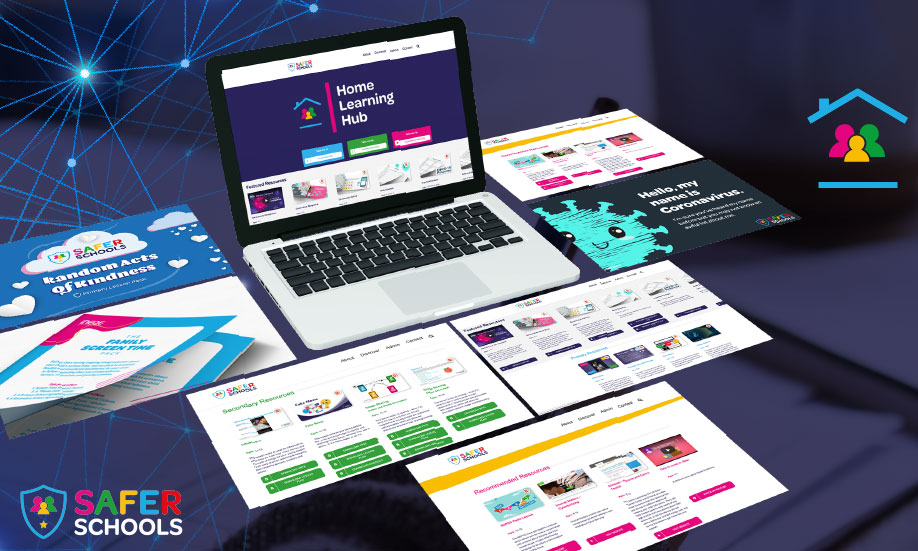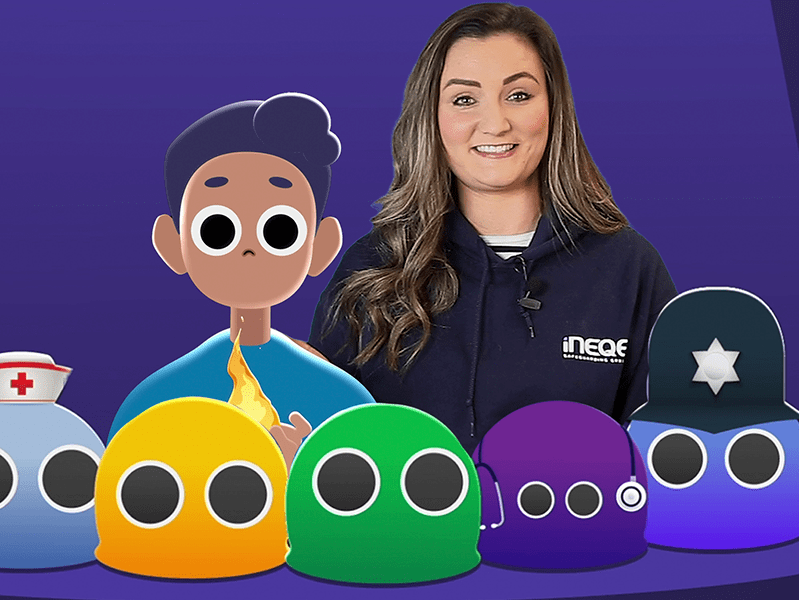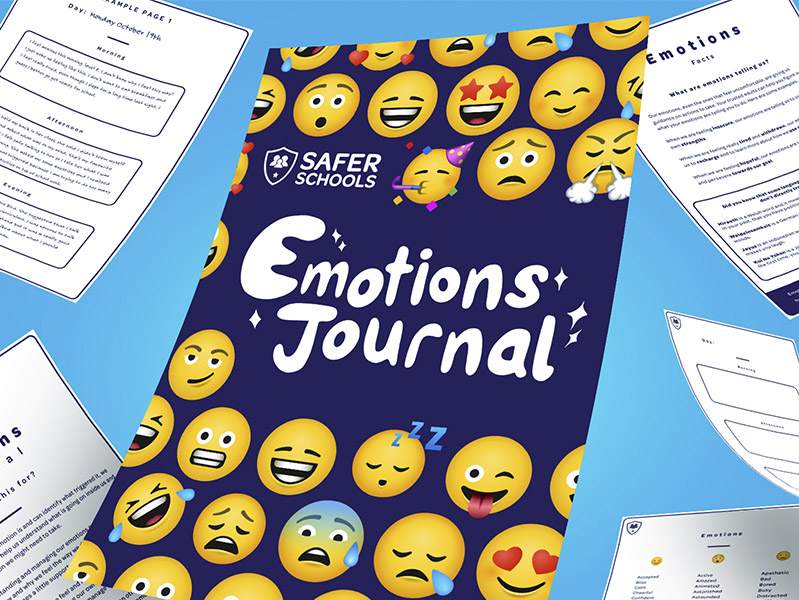We first alerted our networks and the public last year, to dangerous activities happening on Omegle. Following recurring press reports, and concerns from parents and safeguarding professionals, we’re again pushing this alert to our networks.
Last year schools across the UK were warned about a well-known chat room. Some schools issued warnings to parents and carers urging them to talk to their children about these types of platforms.
Content from Omegle is now being shared by popular influencers which could encourage young people to visit this platform. We’re aware of instances where popular influencers are livestreaming reaction videos of them using the platform.
What are anonymous chat rooms?
Anonymous chat rooms are online spaces where people can chat with strangers. People can communicate via instant messaging and video chat, some of these platforms use random matching to pair users.
Young people are likely to use these chat rooms and chat room apps because they seem fun, and the randomisation of people can be exciting.
As young people spend much more time online due to ongoing restrictions, there is an increased chance that they will come across these sites.
We’re aware of content from Omegle being shared widely across other platforms with trending hashtags, which could drive even more traffic. Despite young people seeing platforms like these as fun, they may not see the risks from those online with malicious intentions.
What are the risks?
To understand more about identifying hidden risks online, sign up for our Staying Safe Online Advanced Training Course here.
The video below explains the safeguarding issues we found on a particular platform:
Top Tips for talking to your child about online risks
Watch our video below for more advice on having a difficult conversation about sensitive issues with your child.
Join our Safeguarding Hub Newsletter Network
Members of our network receive weekly updates on the trends, risks and threats to children and young people online.


